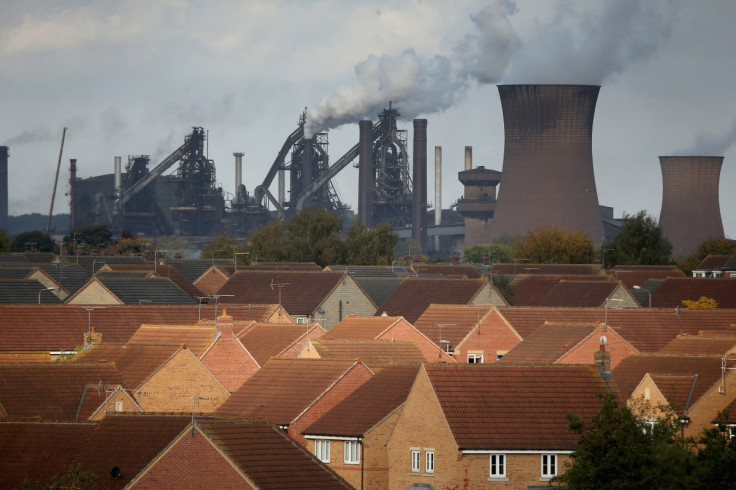UK steel crisis: Industry urges Sajid Javid to push for serious EU action ahead of Brussels summit

Steelmakers in the UK are urging the government to lobby for a stop to steel dumping by China, as European Union representatives are meeting in Brussels on Monday (9 November). Big companies and workers want the government to save the crisis-plagued industry.
Business secretary Sajid Javid is meeting other EU ministers at a competitiveness council to discuss the chaos, which led the UK steel business to lose well over 4,000 jobs. The meeting follows the news that Tata Steel is demanding a price cut of almost a third from its suppliers to deal with the low prices.
China's oversupply at low costs have caused steel prices to drop significantly over the past months, causing many high-cost UK plants to be sold or mothballed. Tata Steel and SSI UK have already been forced to tell thousands of workers they were being made redundant as operations were halted.
Chinese steel dumping in the UK is set to represent more than half of the total market in 2015, adding up to 720,000 tonnes of steel. Industry body UK Steel said that it wants to speed up the process of taking action.
The organisation claims that it can take many months to accept implement sanctions to deal with the dumping, while the process only takes weeks in the US.
"The US and other countries have already moved to prevent cheap Chinese imports distorting their markets and now the EU must do the same and, do so quickly," UK Steel director Gareth Stace said in a statement. " The UK must seize the moment and encourage a rapid response in Brussels if we're to prevent large-scale problems for steel makers spreading in Britain and across the continent."
Where steelmakers are now keen on action by the EU, the union has also blocked a bailout by the UK government. Because EU state aid laws, the government was unable to save the SSI UK operations in the Teesside Redcar plant.
However, the government said it would not have done so anyway, arguing that it had not received enough information and that the bailout would not be financially justifiable, considering it is dealing with taxpayers' money.
Now, the lower output in steel and iron has weighed down the UK economy and industrial output. Profit from the industry has not seen a significant increase since 1997 and one in six steel workers' jobs are at risk.
These are the specific demands put forward by UK Steel, ahead of the EU summit.
- Fully implement the Energy Intensive Industry Compensation Package, ahead of April 2016. The sector is currently still paying 70% of the policy costs that the full package aims to address.
- Continue to back EU-level action on anti-dumping measures which support the UK steel sector against the rapid rise in global imports.
- Support local content in major construction projects.
- Bring business rates for capital intensive firms in line with their competitors in France and Germany. UK companies are currently paying between five and 10 times more than their EU competitors.
- Fully consider derogation requests from the sector on a realistic timetable to meet increased commitments under the Industrial Emissions Directive. Under current proposals, the cost of meeting revised permits for the sector are estimated at up to £500m by 2019.
© Copyright IBTimes 2025. All rights reserved.






















